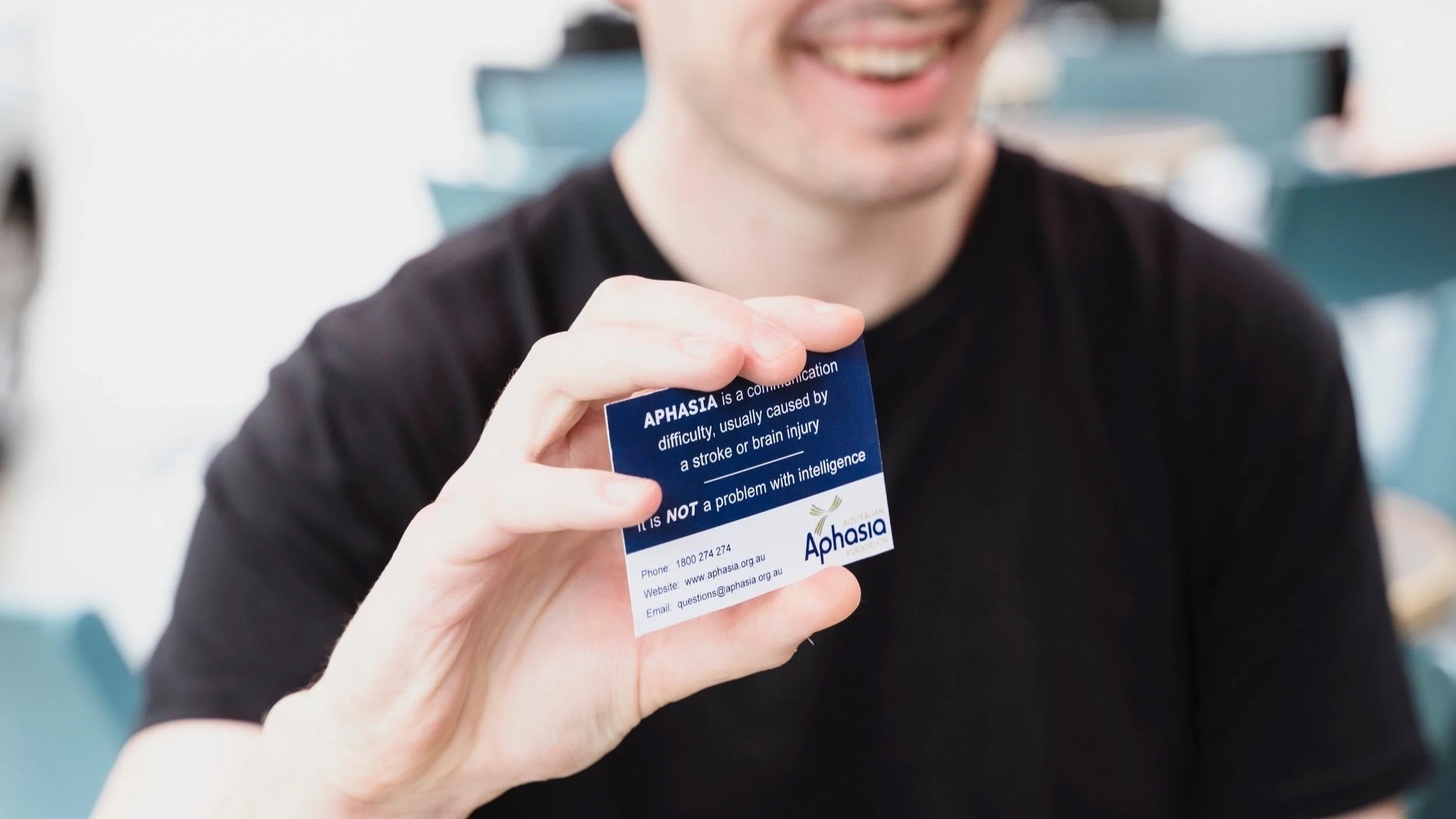Patience, in communication, is a virtue
Silences in conversation: awkward or helpful?
How comfortable are you with silences in conversations?
For me personally, I’ve had to improve. I’m still improving. When we live in such a fast-paced world, silences can feel awkward in an interaction. We may be tempted to fill them in. But for some people in our community, regular pauses in conversation can determine whether they are able to communicate with you or not. Slowing down and allowing space for silence, gives someone with a communication challenge necessary time to process what was said, or give a response.
Slowing down and allowing space for silence, gives someone with a communication challenge necessary time to process what was said, or give a response.
Waiting for a response
Let me give you an example. I have a client who loves to chat, but they have a severe speech and language impairment, that means they sometimes need to use other options to communicate. With yes/no questions, their response may be fast. But for a question that asks something specific like, “When are you going on your holiday?” I need to wait for a response. Often this looks like about 30 seconds - 1 minute of uninterrupted silence.
How would you answer that question, if you didn’t have speech? Would you show your calendar? Would you type on your phone? Would you call a family member to help you? People like my client need time to choose the best option for them and then time to execute it.
Communication disability
About 1 in 20 people in Australia have a communication disability according to survey data from 2015^. That means that at some point in your week, month or year, you are likely to interact with someone who needs extra time in a conversation.
…at some point in your week, month or year, you are likely to interact with someone who needs extra time in a conversation.
Communication disability is not always obvious
But for many people, their communication disability is more hidden. They do not carry around a communication device or have a noticeable speech difficulty. People with less visible disabilities like Developmental Language Disorder (DLD), Aphasia, Autism or Intellectual Disability may often need extra time to process language or develop a response.
Some people use advocacy cards, to share about their disability and help them meet their needs.
Unfortunately, outsiders can sometimes see someone with a hidden disability, and misread their communication challenges as rudeness, confusion or disinterest. This is not always the case! (Although you might not want to rule out the need for a change of subject.)
We won’t always know if someone has communication challenges and that’s okay. People with more hidden disabilities may tell you about their disability. Some people use advocacy cards, to share about their disability and help others understand their needs.
Learning to embrace the silence
For people with communication challenges, conversations may be frustrating or exhausting. It’s not easy being in a world that relies so heavily on speech and language. Let’s be ready to give them the support they need to communicate successfully when we talk with them. Please, be patient, embrace the silences and don’t rush to fill in the gaps.
A word of encouragement
Not feeling confident you can embrace the silence?
Shortly after writing this blog, SBSK released a new interview. SBSK is a YouTube channel that interviews people and families living with a significant health condition or disability to build awareness and understanding.
This interview was with a family that had two adult children with disabilities. On the topic of silence in conversations, their mum shared some encouraging words that I will leave you with:
“I think there are a lot of people out there - and to be honest, I am one of them, and [my son] has developed this in me - that [are] uncomfortable by the silence, because we think that it means something’s wrong, or we’re doing something wrong, and that’s not necessarily true…. I think it’s okay, to have things be silent. And it doesn’t mean you’re doing anything wrong.”
^Source: Australian Bureau of Statistics, Profile of people with communication disability in Australia, www.abs.gov.au




